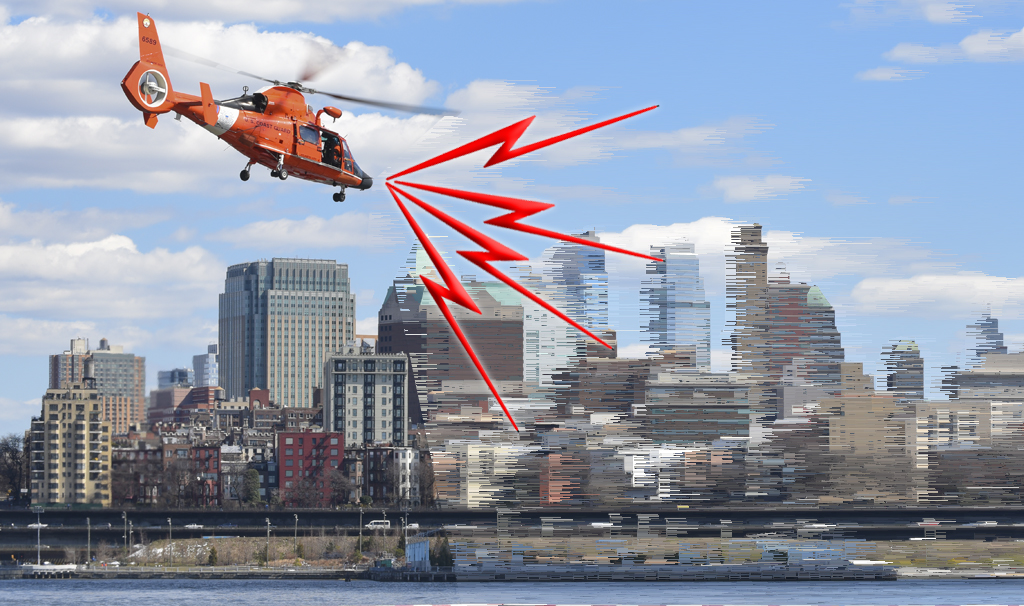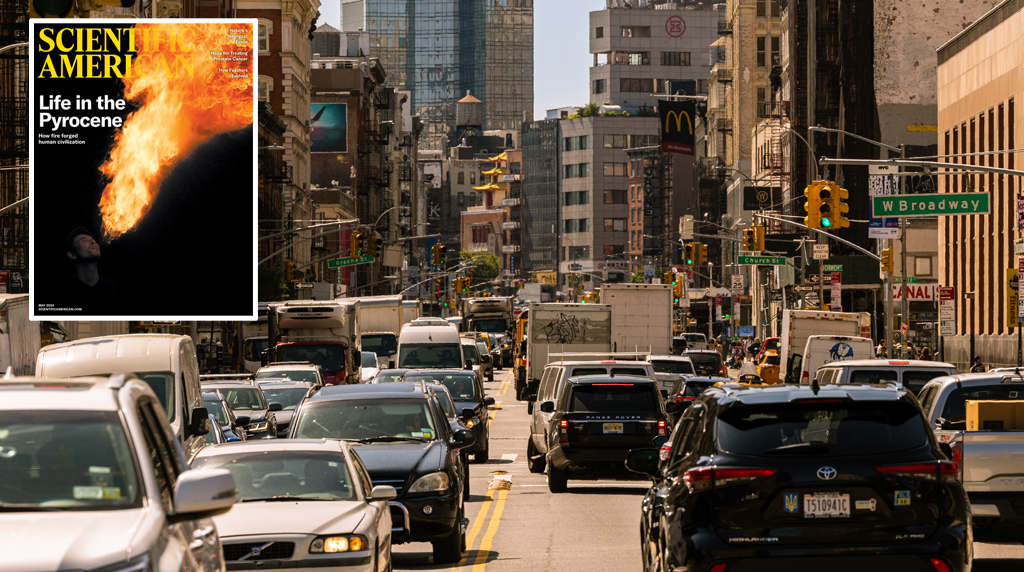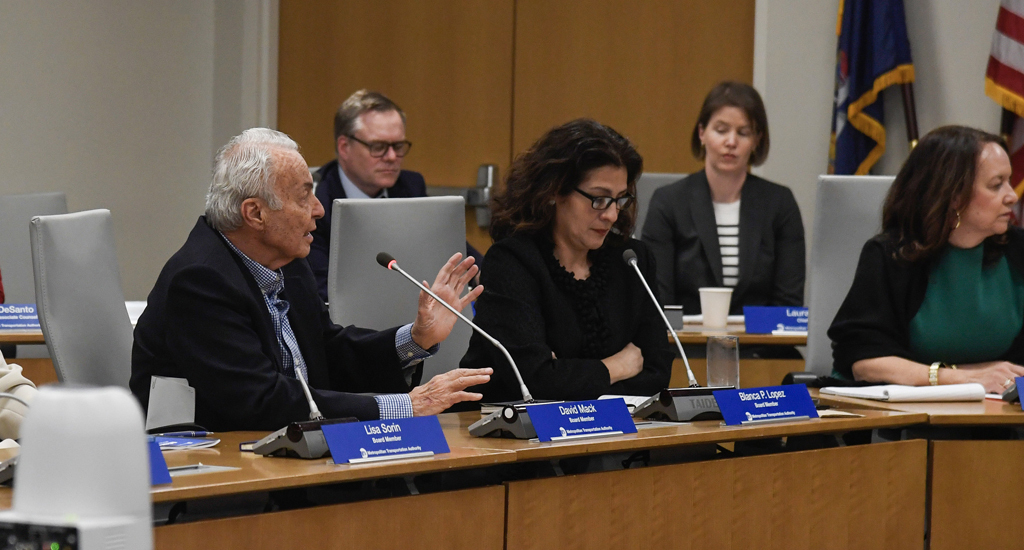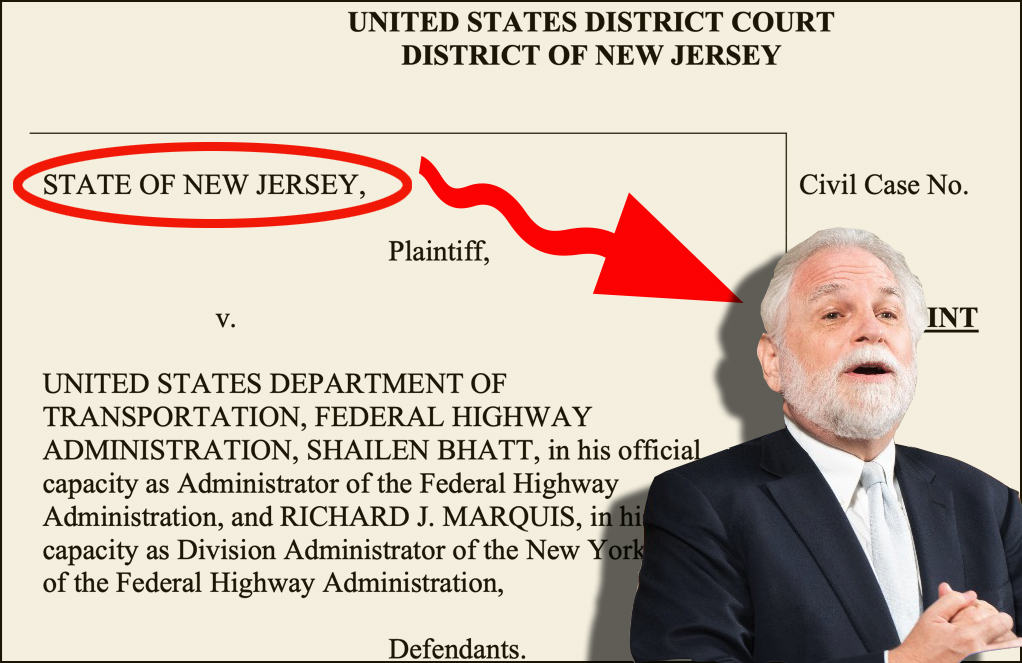Complete Streets
Congressional Climate Bill Includes ‘Complete Streets’ But Not CLEAN TEA
Stay in touch
Sign up for our free newsletter
More from Streetsblog New York City
Komanoff: A ‘Noise Tax’ Can Ground NYC Helicopters
A proposed $400 “noise tax” on “nonessential” flights is a start — and it will work.
Thursday’s Headlines: Welcome to the War on Cars, Scientific American
Our favorite story yesterday was this editorial in an unexpected place. Plus other news.
Meet the MTA Board Member and Congestion Pricing Foe Who Uses Bridges and Tunnels For Free Every Day
Mack drives over the transportation authority's bridges and tunnels thanks to a rare perk of which he is the primary beneficent.
Randy Mastro Aspires to Join Mayor’s Inner Circle of Congestion Pricing Foes
The mayor's reported pick to run the city Law Department is former deputy mayor under Rudy Giuliani and notorious foe of bike lanes and congestion pricing.
Donald Shoup: Here’s a Parking Policy That Works for the People
Free parking has a veneer of equality, but it is unfair. Here's a proposal from America's leading parking academic that could make it more equitable.





